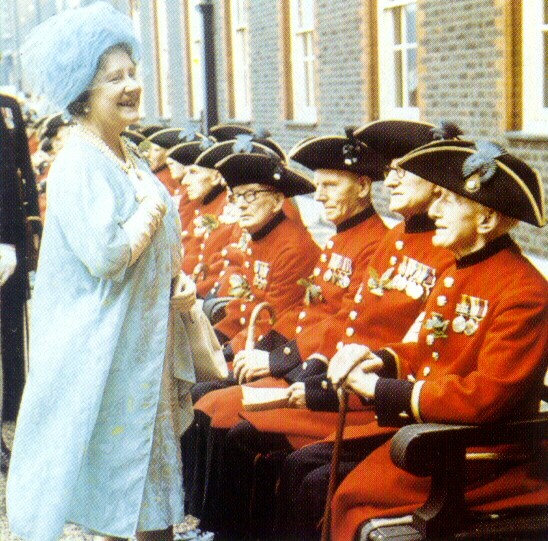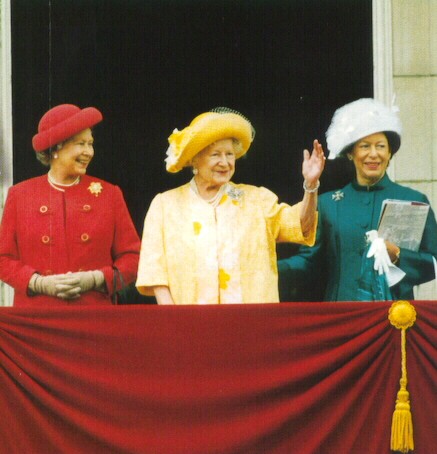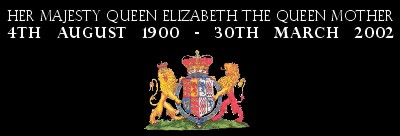
“In this grave hour, perhaps the most fateful in our history, I send to every household of my peoples, both at home and overseas, this message, spoken with the same depth of feeling for each one of you as if I were able to cross your threshold and speak to you myself.
“For the second time in the lives of most of us we are at war. Over and over again we have tried to find a peaceful way out of the differences between ourselves and those who are now our enemies. But it has been in vain. We have been forced into a conflict. For we are called, with our allies, to meet the challenge of a principle which, if it were to prevail, would be fatal to any civilised order in the world.
“It is the principle which permits a state, in the selfish pursuit of power, to disregard its treaties and its solemn pledges; which sanctions the use of force, or threat of force, against the sovereignty and independence of other states. Such a principle, stripped of all disguise, is surely the mere primitive doctrine that might is right; and if this principle were established throughout the world, the freedom of our own country and of the whole British Commonwealth of Nations would be in danger. But far more than this - the peoples of the world would be kept in the bondage of fear, and all hopes of settled peace and of the security of justice and liberty among nations would be ended.
“This is the ultimate issue which confronts us. For the sake of all that we ourselves hold dear, and of the world's order and peace, it is unthinkable that we should refuse to meet the challenge.
“It is to this high purpose that I now call my people at home and my peoples across the seas, who will make our cause their own. I ask them to stand calm, firm, and united in this time of trial. The task will be hard. There may be dark days ahead, and war can no longer be confined to the battlefield. But we can only do the right as we see the right, and reverently commit our cause to God. If one and all we keep resolutely faithful to it, ready for whatever service or sacrifice it may demand, then, with God's help, we shall prevail.
“May He bless and keep us all.”

In 1940, Buckingham Palace, the Royal Family home, was bombed. The Princesses had been moved to Windsor Castle, for their safety. But the King and the Queen remained in London. During the Blitz, the Palace was hit nine times, and, again famously, the Queen said: “I'm glad we've been bombed. I feel we can look the East End in the face.” The warmth of the people towards the King and the Queen grew immensely during the war years, with them visiting people in the bombed streets, comforting those in need. It is understood Adolf Hitler considered the British Queen Consort as dangerous as the bombs, and it is true the Queen’s courage made her deserve the admiration of the whole people. Prime Minister Churchill summed it by saying: “Many an aching heart found solace in her gracious smile.”

“Let us remember those who will not come back, their constancy and courage in battle, their sacrifice and endurance in the face of a merciless enemy: let us remember the men in all the Services and the women in all the Services who have laid down their lives. We have come to the end of our tribulation, and they are not with us at the moment of our rejoicing.
“Then let us salute in proud gratitude the great host of the living who have brought us to victory. I cannot praise them to the measure of each one's service, for in a total war the efforts of all rise to the same noble height and all are devoted to the common purpose. Armed or unarmed, men and women, you have fought, striven, and endured to your utmost. No one knows that better than I do; and as your King I thank with a full heart those who bore arms so valiantly on land and sea, or in the air; and all civilians who, shouldering their many burdens, have carried them unflinchingly without complaint. (…)
“There is great comfort in the thought that the years of darkness and danger in which the children of our country have grown up are over and, please God, for ever. We shall have failed, and the blood of our dearest will have flowed in vain, if the victory which they died to win does not lead to a lasting peace, founded on justice and established in good will. To that, then, let us turn our thoughts on this day of just triumph and proud sorrow; and then take up our work again, resolved as a people to do nothing unworthy of those who died for us and to make the world such a world as they would have desired, for their children and for ours.
“This is the task to which now honour binds us. In the hour of danger we humbly committed our cause into the Hand of God, and He has been our Strength and Shield. Let us thank him for His mercies, and in this hour of Victory commit ourselves and our new task to the guidance of that same strong Hand.”


